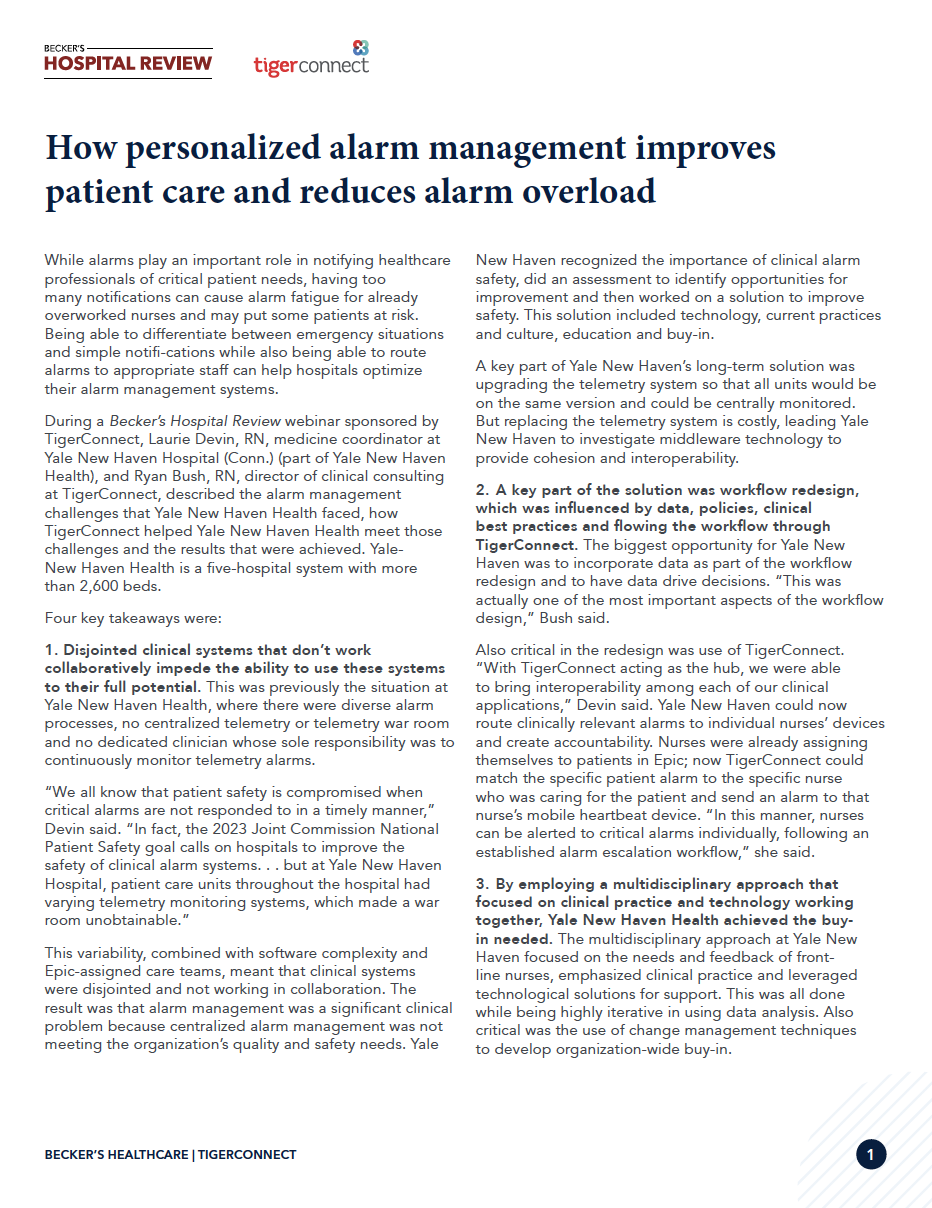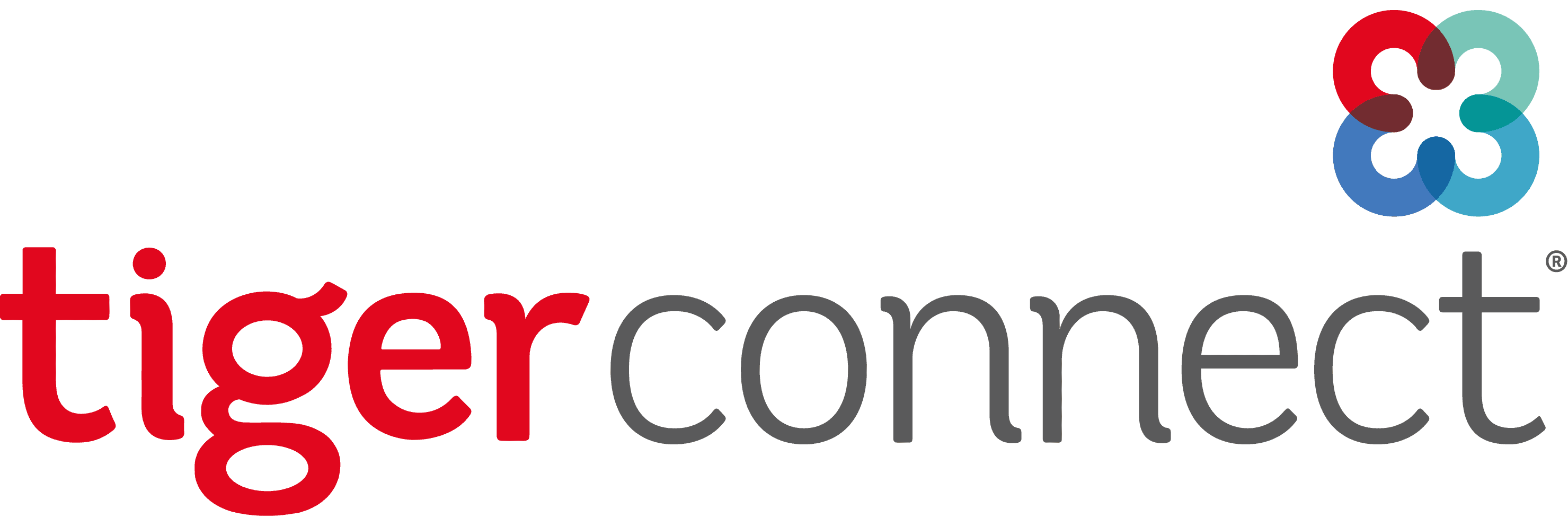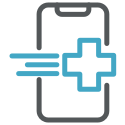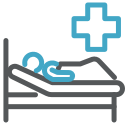Home / Blog /
Solving Alarm Management Complexities at Yale New Haven Hospital

Solving Alarm Management Complexities at Yale New Haven Hospital
Care teams face constant pressure to deliver high-quality care. A significant hurdle in achieving this expectation is the overwhelming number of false alarms generated by patient monitoring equipment, which make up to 90% of all alarms in critical-care monitoring. These nonstop beeps create stress and alarm fatigue, leaving caregivers overstimulated and struggling to differentiate between critical and noncritical alerts. The consequence? Delayed response times and potentially serious patient outcomes, landing false alarms on the ECRI Institute’s top health technology hazards list.
This is a challenge that was plaguing care teams at Yale New Haven Hospital, a five-hospital system with more than 2,600 beds In a recent webinar with Becker’s Hospital Review and TigerConnect, Laurie Devin, MSN, MBA, RN, CNML, medicine coordinator at Yale New Haven Hospital, explored how TigerConnect helped Yale New Haven tackle its alarm management obstacles. Devin presented compelling results, demonstrating how Yale New Haven significantly reduced false alarms and improved patient care using the TigerConnect customizable alarm management platform.
Learn how Yale New Haven Hospital reduced bedside alarms by 60% using TigerConnect.
|
 |
Alarm fatigue and disjointed collaboration
Yale New Haven Hospital struggled with disjointed clinical systems and diverse alarm processes. Alarm management was a significant clinical problem affecting collaboration and patient care. “Patient safety is compromised when critical alarms are not responded to in a timely manner,” said Laurie Devin. “At Yale New Haven Hospital, we recognized the importance of clinical alarm safety.”
To make the necessary improvements, Yale New Haven assessed where their challenges and opportunities lay. These assessments led them to a solution for safety improvements, which included technology upgrades, practice and culture assessment, and education and staff buy-in. To meet these goals head-on, Yale New Haven decided to implement middleware technology: enter TigerConnect Alarm Management & Event Notification.
Alarm management success at Yale New Haven
The webinar described the alarm management challenges that Yale New Haven faced and how TigerConnect helped meet those challenges. By implementing TigerConnect and redesigning their alarm management workflow, Yale New Haven achieved a 60% reduction in bedside alarm rates and reduced its median number of alarms per bed by an average of 8%. The webinar also unpacked several key takeaways that any healthcare organization can leverage to achieve similar results:
- Decreasing alarm volume for focused monitoring: The hospital implemented a data-driven approach to identify and adjust alarm parameters. By collaborating with clinicians and leveraging TigerConnect, they were able to tailor alarm thresholds to specific patient needs, reducing unnecessary alerts and allowing caregivers to focus on critical situations.
- Best practices for alarm parameter changes and education: A comprehensive education program for clinicians was a crucial aspect of Yale’s success. They established best practices for modifying alarm parameters and ensured all staff understood the rationale behind these adjustments. This fostered buy-in from caregivers and empowered them to make informed decisions about patient monitoring.
- Measurable improvements in patient care: The positive impact of these strategies went beyond streamlined workflows. Yale New Haven Hospital reported a significant reduction in serious patient events, demonstrating the clear link between effective alarm management and improved patient outcomes.
Increase responsiveness and reduce alarm fatigue with TigerConnect
TigerConnect’s middleware Alarm Management & Event Notification software connects various clinical systems in a healthcare facility, including electronic health records (EHRs), nurse call solutions, smart beds, and real-time location systems. Using a configurable workflow, context-rich notifications are routed to the appropriate caregiver. It also intelligently filters and prioritizes notifications, eliminating the constant barrage of irrelevant alarms that can overwhelm nurses. The result is a win-win for everyone. Nurses and other care team members can work more efficiently and effectively, increasing productivity and improving patient satisfaction. Healthcare facilities also benefit from reduced operating costs associated with constant alarm fatigue and unnecessary equipment replacements.
By leveraging TigerConnect’s alarm management capabilities, Yale New Haven Hospital was able to transform its patient monitoring practices. They created a more focused environment for caregivers, empowered them with the knowledge to make informed decisions, and ultimately achieved demonstrably better patient outcomes.
Timothy Beglin, Clinical Nursing Consultant
Tim Beglin has been involved with nursing informatics for over 14 years, dedicated to improve clinical workflows for nurses, providers, and other healthcare professionals. He has been an Epic builder, Epic clinical site lead, IT Relationship Manager and has led a team of other nursing informaticists. Tim has abundant experience navigating the complexities of clinical organizations and healthcare technology in order to achieve sustainable process improvement.
Tags: false alarms, alarm response times, alarm management systems, Yale New Haven, bedside alarm rates, Blog, care team communication, Alarm Management, Healthcare Communication, Nurse Call, Alarm Fatigue, Patient Safety, Clinical Collaboration, Nurse burnout, Patient Outcomes








